Welcome to our dedicated page exploring the vital role of diversity in school governance.
Strong school governance begins with inclusive representation. When boards reflect the broad range of backgrounds, experiences and perspectives within their school communities, decisions become more informed and meaningful. This visibility allows young people to see leadership as something they can aspire to while fostering a culture where all voices are heard and valued.
Diversity of thought introduces fresh ideas, challenges assumptions and supports continuous improvement. Yet many governing boards still lack representation in terms of age, ethnicity and professional background, creating a disconnect between those making decisions and the communities they serve. Addressing this gap is essential for building governance that is effective, forward-thinking and capable of preparing every student for success.
Here, we explore the importance of diversity in school governance through the reflections of experienced governors and trustees. Our discussion is structured around three key themes: why diversity matters, its impact on decision-making, and what advice they would offer to aspiring governors or trustees.
Why diversity in school governance matters
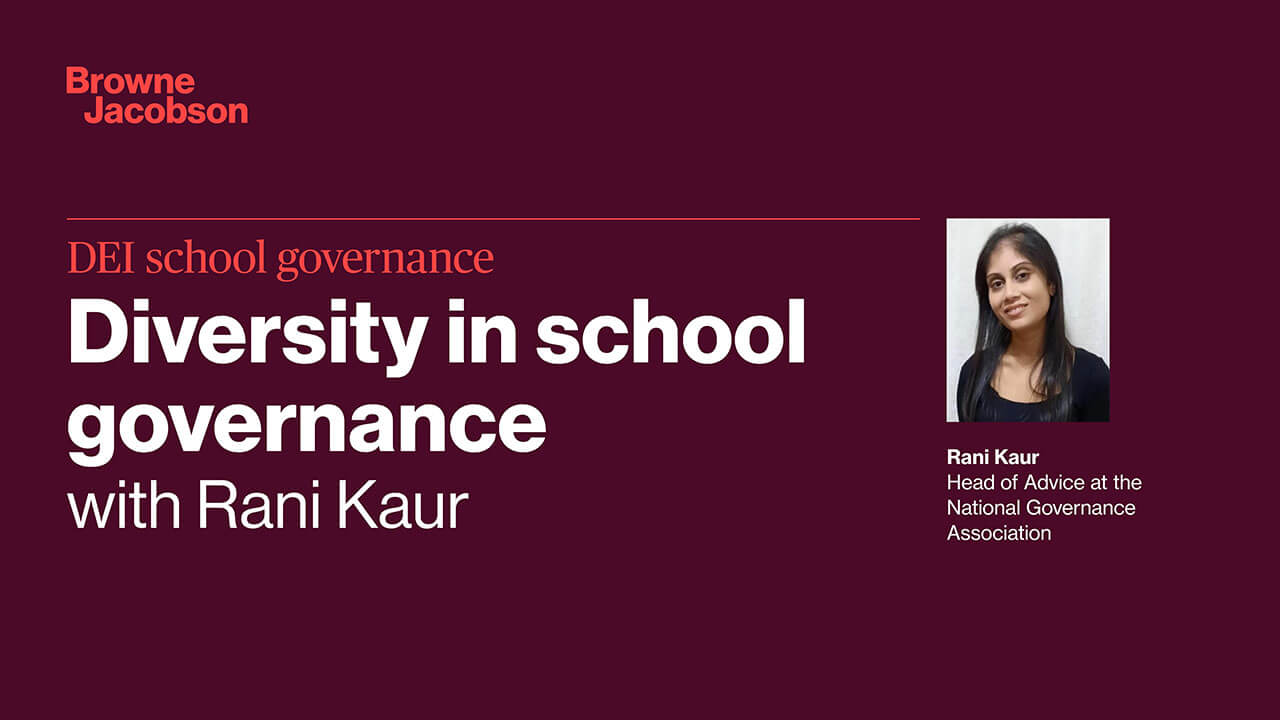
“Where you've got a deprived community, those families may not have had a very good experience with education themselves and now their children are going through the education system. I think to have proper broad representation of all sectors of our community within governance is really key because education affects everybody, it affects life chances.”
Moving beyond good intentions: What boards really need to change
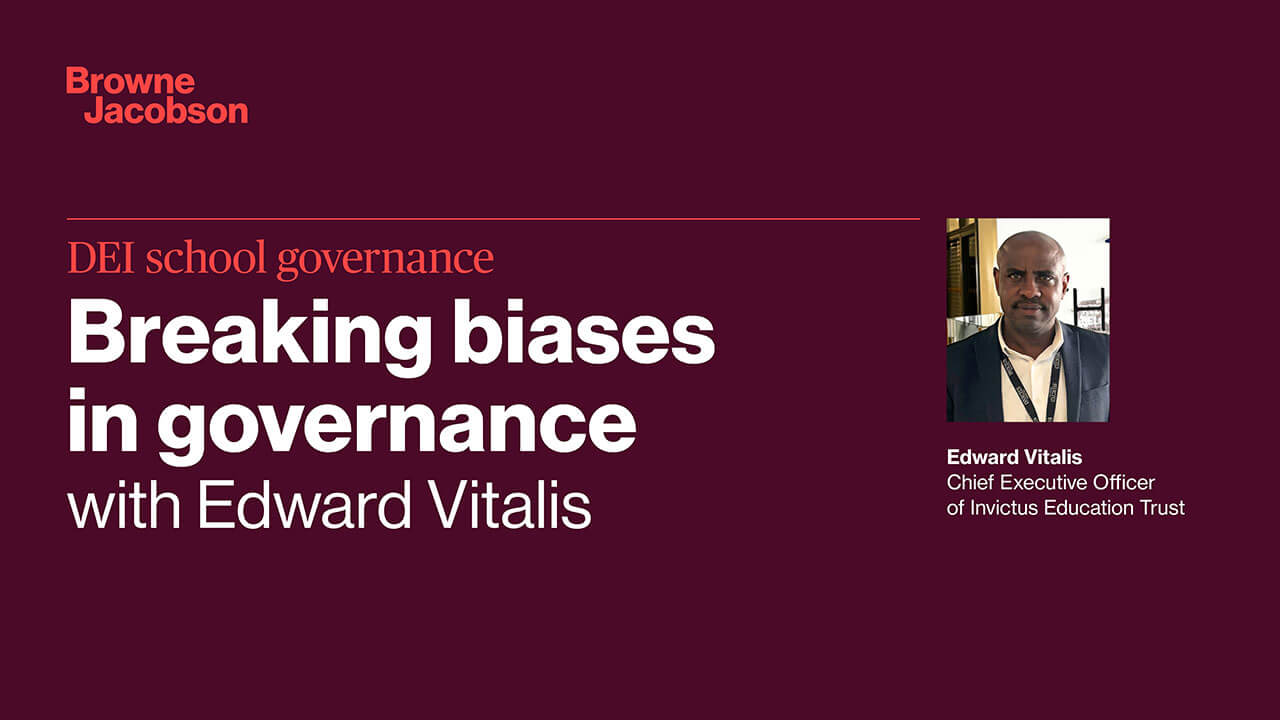
The value of different perspectives
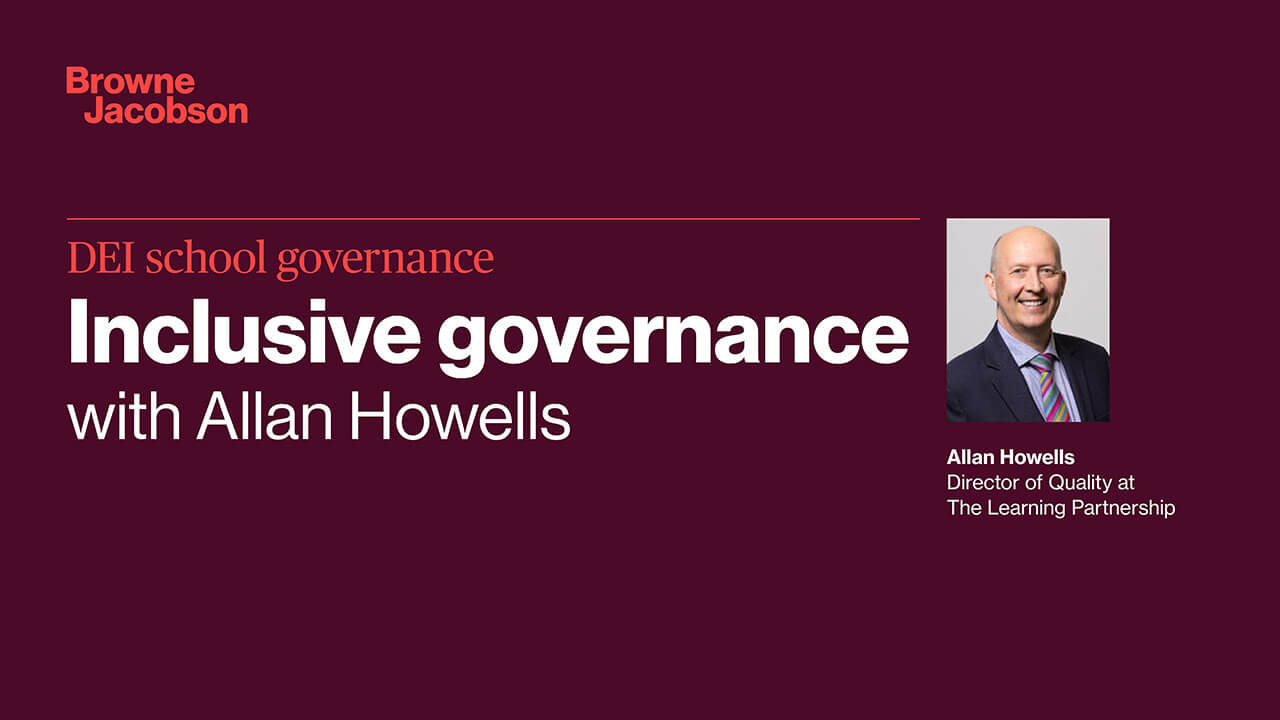
“I was very confident that, come what may, this (school governance) is something I really wanted to do and I wasn't going to let having a baby stop me. The board believed that and they trusted in me, which was amazing because I could prove to them the value I was going to bring despite going through such a big life change.”
“Take disability, for example. When people with long-term conditions join boards, it is not about ticking boxes or addressing disability in a token way. It is about those individuals bringing their full selves, their entire experience, to the role. Particularly in education, it is about ensuring that disability is meaningfully considered at every level, not as a statutory obligation but because it makes a real difference to people’s lives.”
Development opportunities for governors

“Initially, I wasn't sure about joining the board being in my twenties. After speaking with my manager, and being encouraged, I asked myself why not? Age shouldn't be a barrier as there is nothing about age that defines a Chair. Many young employees don't yet have management responsibilities, but governance allows them to develop skills they can add to their CV..”
Getting started: Support and mentorship for new governors
“Employers can support staff with school governing roles by offering flexible working options like remote work or altered hours. This allows them to attend meetings, which are planned in advance, helping to balance work and governance responsibilities effectively.”
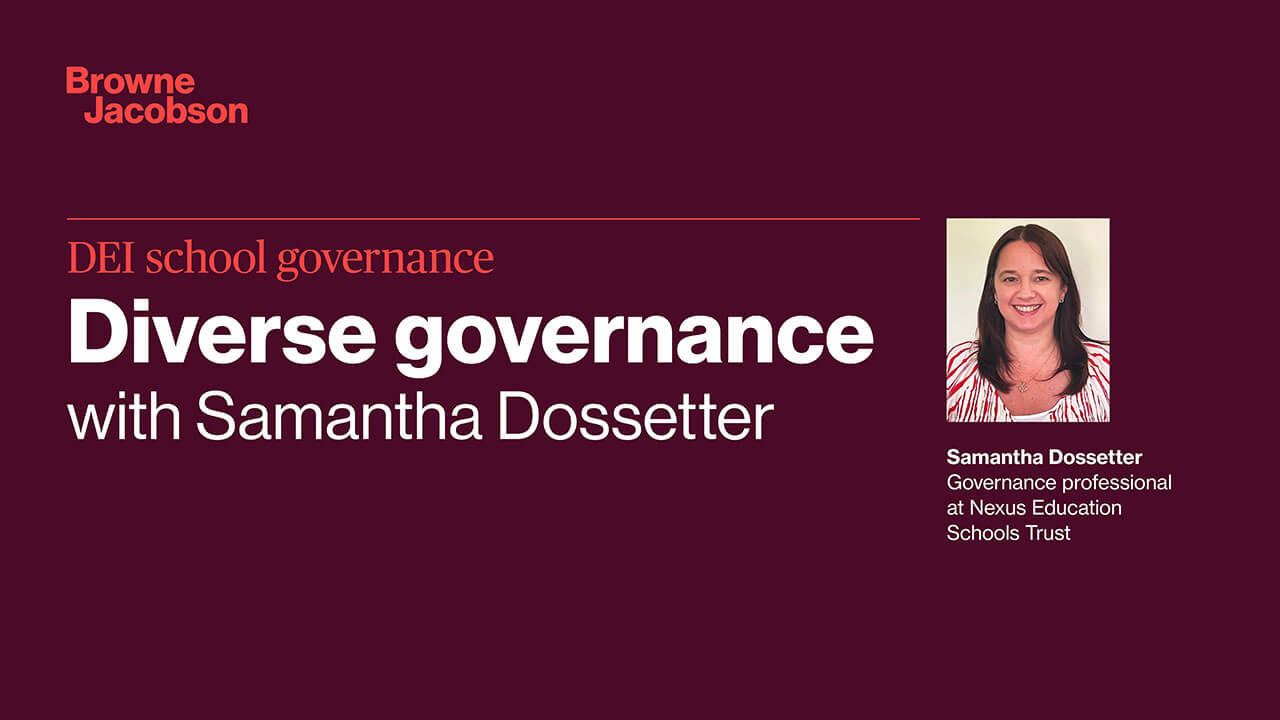
We are grateful to our esteemed guests who offered their insights and learnings for this discussion: Alan Howells, Director of Quality at The Learning Partnership; Petra Yazbeck, Co-Vice Chair and Chair of the Resources Committee at The Totteridge Academy; Samantha Dossetter, governance professional at Nexus Education Schools Trust; Rani Kaur, Head of Advice at the National Governance Association; Edward Vitalis, Chief Executive Officer of Invictus Education Trust; Mark Blois, Partner at Browne Jacobson and expert in education law and governance; and Sabreen Marashli, Chair of the Trust Board at Inspire Education Community Trust and Senior Advice Officer at the National Governance Association (NGA).
If you're interested in becoming a school governor or would like to learn more about how your organisation can support governance diversity, please see below:
- Connect with the NGA for resources, support, and expert guidance.
- Visit Governors for Schools to learn more and explore current opportunities.
- Reach out to your local school directly to enquire about available governor roles.
Contents
- Addressing the diversity deficit in school governance: A call to action
- Browne Jacobson and National Governance Association unites to address the diversity deficit
- School governance: Driving change through diverse leadership
- DEI in school governance: Interview with Chiltern Learning Trust leadership
- Reflecting our communities: The push for diversity in school governance
Contact
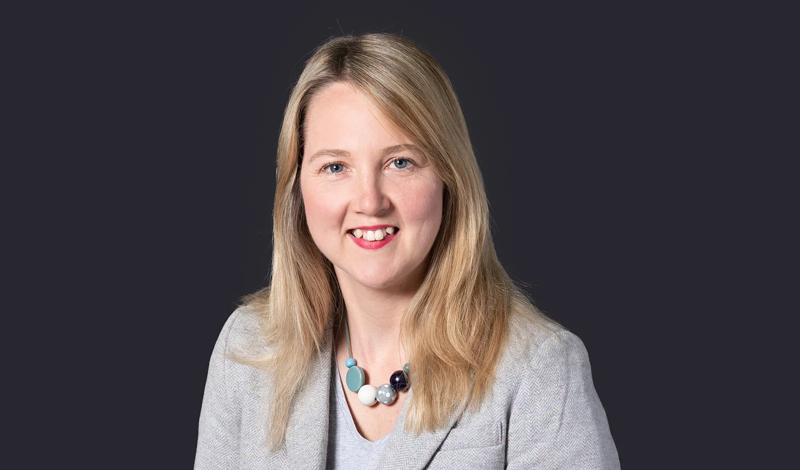
Victoria Hatton
Partner
victoria.hatton@brownejacobson.com
+44 (0)330 045 2808




































